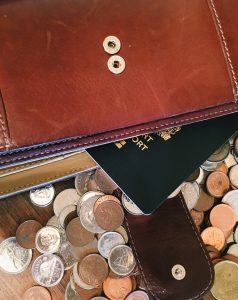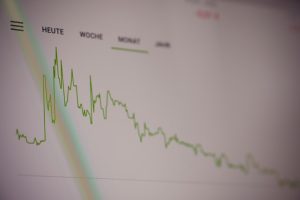Forex, also known as foreign exchange or FX, is the largest financial market in the world. It is a decentralized market where currencies are traded 24 hours a day, five days a week. The forex market is a global network of buyers and sellers that includes banks, corporations, governments, and individual traders. According to the Bank for International Settlements (BIS), the average daily trading volume in the forex market was $6.6 trillion in April 2019. This article will explore how much money goes through the forex market and what factors influence its size.
The size of the forex market
The forex market is the largest financial market in the world in terms of trading volume, liquidity, and value. The size of the forex market is measured in terms of trading volume, which is the total amount of currency traded in a particular period. The trading volume in the forex market is enormous, with an estimated $5.3 trillion traded every day. This means that the forex market is more than 30 times larger than the combined volume of all the stock markets in the world.
The forex market is also highly liquid, which means that it is easy to buy and sell currencies at any time. The high liquidity of the forex market makes it an attractive investment opportunity for traders and investors worldwide. The forex market is open 24 hours a day, five days a week, which means that traders can buy and sell currencies at any time.
Factors that influence the size of the forex market
The size of the forex market is influenced by various factors, including economic, political, and social factors. The following are some of the factors that influence the size of the forex market:
1. Economic indicators: Economic indicators such as GDP, inflation, and interest rates have a significant impact on the forex market. A country’s economic performance affects the value of its currency, and changes in economic indicators can lead to fluctuations in the forex market.
2. Political events: Political events such as elections, wars, and trade agreements can also have a significant impact on the forex market. Political instability or uncertainty can cause traders to sell off a country’s currency, leading to a drop in its value.
3. Central bank policies: Central bank policies, such as monetary policy and interest rate decisions, can also influence the forex market. Interest rate decisions, in particular, can lead to changes in the value of a country’s currency.
4. Market sentiment: Market sentiment, or the overall mood of traders and investors, can also affect the forex market. If traders are optimistic about a country’s economic prospects, they may buy its currency, leading to an increase in its value.
Conclusion
The forex market is the largest financial market in the world, with an estimated $5.3 trillion traded every day. The size of the forex market is influenced by various factors, including economic, political, and social factors. Understanding these factors is crucial for traders and investors who want to participate in the forex market. The forex market is highly liquid, which means that it is easy to buy and sell currencies at any time. As a result, the forex market presents an attractive investment opportunity for traders and investors worldwide.






